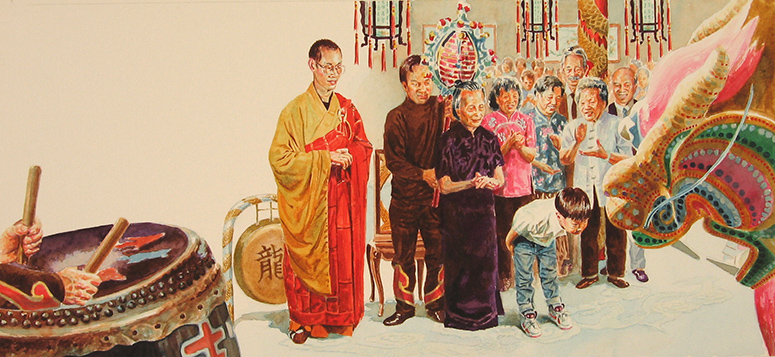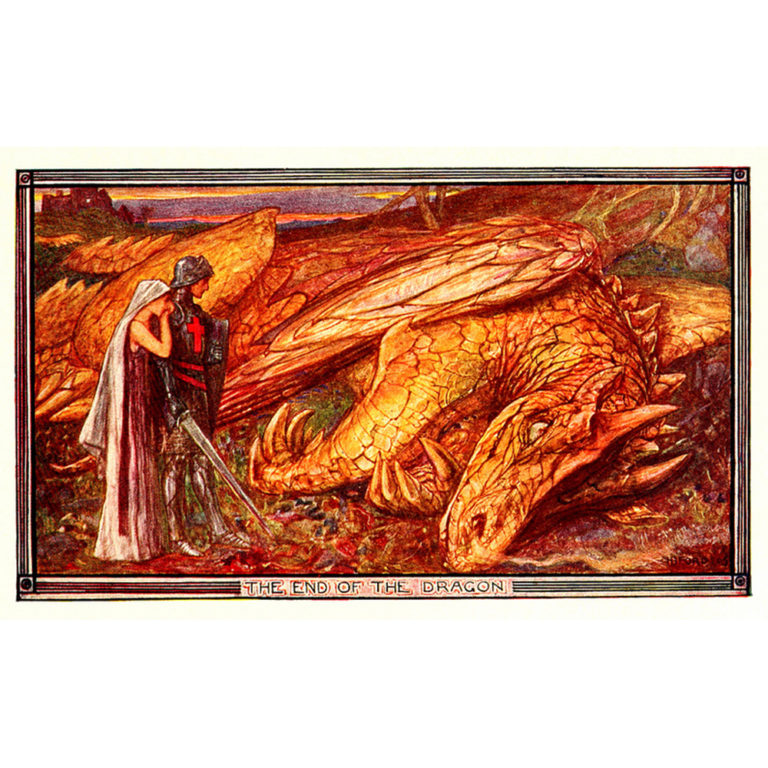

I have the poem in his collection Heat of Fusion. Heat of Fusion and Other Stories by John M. “Winter Solstice, Camelot Station” is a poem that can be described as “clever” – imagine Camelot with trains! And make sure your poem has both neat Arthurian references plus playing on the industrial age! – but it’s also a poem that resolves to be both beautiful and moving.

I’m not sure that’s really the explanation (great writers have failed to make the money they deserve for a long time, after all!)

I wonder sometimes if part of his lack of great financial success during his life could be attributed to his work being unfairly dismissed as merely clever. Sometimes the cleverness overwhelmed the story, but more often the cleverness was in service of the story and his stories, even when drawing attention by the tricks he played, resolved into pieces of great power, often very moving. (I’ve asked for confirmation of the date of the Christmas cards, with the notion that perhaps they came out in 1987, but Chuck Rothman, who received one, is quite sure it was in 1988.)Īssorted issues of Not One of Us: #8 (Oct 1981), #22 (Sept 1999), and #61 (March 2019)įord as a writer was always clever. But actually it was first widely published earlier in 1988, in the anthology Invitation to Camelot, edited by Parke Godwin. I once understood that it originated as a Christmas card Ford sent to friends in 1988. His-best known poem is probably “Winter Solstice, Camelot Station”, and it’s perhaps my favorite poem to have been published in a genre source. There are exceptions, though: I’ll name Sonya Taaffe as a particular favorite just now (and I’ll recommend the small ‘zine Not One of Us, where Taaffe is a regular, as a particularly good source of contemporary SF/Fantasy poetry.) In a slightly earlier time, there was another master: John M. But I have to confess general disappointment with most of the poetry published within the SF/Fantasy genres these days. I am a devoted reader of poetry… favorite poets include Wallace Stevens, Philip Larkin, and W. And this time I’ve decided to look not at a story, but a poem! But never fear – it’s an exceptional poem, and it’s also a no doubt work of Fantasy, traditional Fantasy, one of the most familiar Fantasy subjects – with also a descriptive veneer of Science, of Industry, of Engineering. This is the latest of a series of essays I’m doing to give an extended look at SF stories I consider particularly good, or particularly interesting, with some intent to try to tease out how they work, why they work. Invitation to Camelot, edited by Parke Godwin (Ace Books, 1988).


 0 kommentar(er)
0 kommentar(er)
